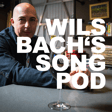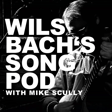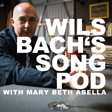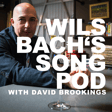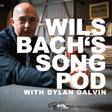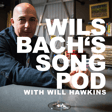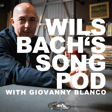
Buggy Jive
My guest today is a soul rock singer songwriter, from Schenectady County New York. He’s released six (?) albums since 2018 but to fully appreciate his artistry you’ll need to take a look at his YouTube channel where you’ll also see that he is not just a multi-instrumentalist and performer but a showman, an actor, a director a producer…truly a multiple-hyphenate artist. In 2023 he was featured and mentioned as part of NPR’s Tiny Desk concert with his very meta song about the same “Don’t Quit Your Day Job”. If there were any level of creative justice in the world he’d be a viral sensation in the best possible way and be able to do just that.
His singing voice is emotive and captivating as-is his artistic voice. I’m so looking forward to a conversation with this super creative guy. Please welcome to Wils Bach’s Song Pod. Bryan Thomas also known as Buggy Jive
We talked about Prince, Joni Mitchell. Prince covering Joni Mitchell, NPRs Tiny Disk concert and why he has Rick James’ passport.
Encyclopedia Black and the Case of You
https://www.youtube.com/watch?v=V2ov4uqMyp0
How To Write Another Song About the Moon
https://www.youtube.com/watch?v=AqbLCdISCz4&t=1s
Don’t Quit Your Day Job
https://www.youtube.com/watch?v=A_enRruG29Y
